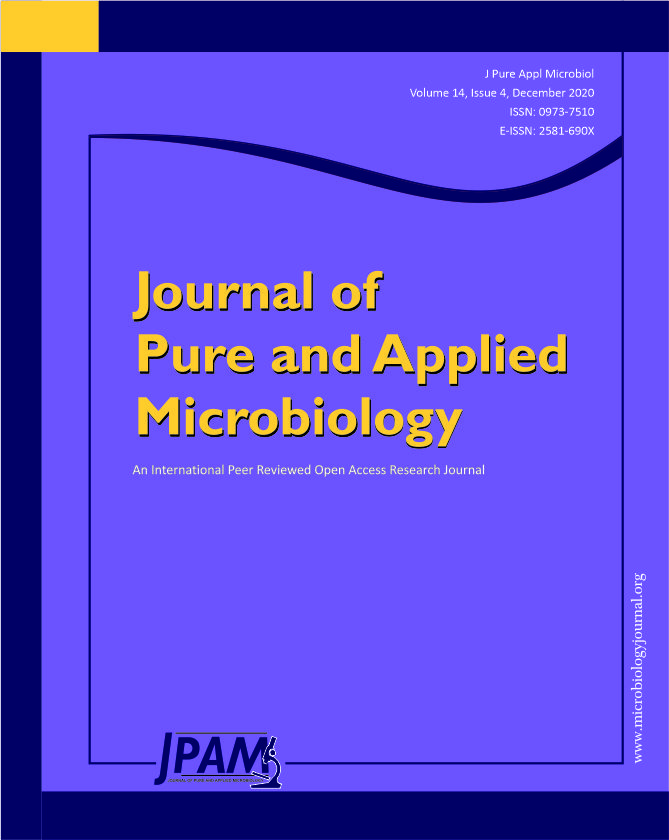Door handles are being reported to harbor a diverse group of microorganisms, mainly bacteria. Presence of pathogenic and antibiotic-resistant bacteria in the door handles carry risk to the health of the public. For this reason, a study was carried in the Qassim region of Saudi Arabia by isolating bacteria from the pharmacy door handles from four different areas. Total 100 samples were collected by wiping the door handles with a sterile cotton swab soaked in sterile water. Microorganisms were isolated using Blood agar and MacConkey agar and identified following standard microbiological procedure. Siemens MicroScan Walkaway system was used for determination of antibiotic susceptibility pattern. In total, 301 bacteria from 13 bacterial species were isolated and identified. The predominant bacterial species include Staphylococcus spp. 56.48% followed by Bacillus spp. 12.29% and Micrococcus spp. 10.30%. Gram-negative bacteria like Shigella sonnei and Salmonella paratyphiA were also isolated. Being the most predominant species, Antibiotic resistance pattern of 39 Staphylococcus spp. were determined. 38.46% of the Staphylococcus spp. were found to be resistant to Cefoxitin, and 30.76% were beta-lactamase producing. The results also indicated that about one -third of Staphylococcus spp. were methicillin resistant. The door handles of pharmacies in the Qassim region carry risk to the health of the public. Proper hygienic measures are recommended for the public health safety until doors are made automatic and touch-free.
Bacillus, β-lactamase, Cefoxitin, door handle, Micrococcus, pharmacy, public health, risk, Saudi Arabia, Staphylococcus
© The Author(s) 2020. Open Access. This article is distributed under the terms of the Creative Commons Attribution 4.0 International License which permits unrestricted use, sharing, distribution, and reproduction in any medium, provided you give appropriate credit to the original author(s) and the source, provide a link to the Creative Commons license, and indicate if changes were made.


